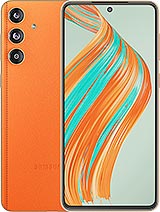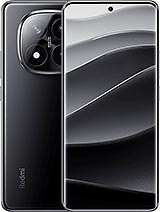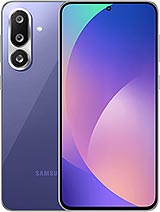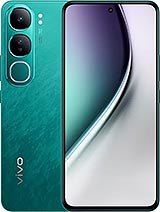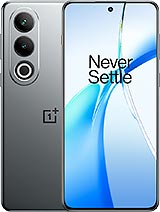Samsung Galaxy A25 alternatives
Tap above to see alternatives.
Vivo Y300 Plus alternatives
Tap above to see alternatives.
Samsung Galaxy A25
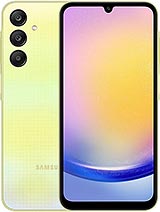
Samsung Galaxy A25
-
Exynos 1280
5 nm
-
5000 mAh
25W
-
6.5"
1080 x 2340 pixels
-
50 MP
4K@30fps
- Specs
Vivo Y300 Plus
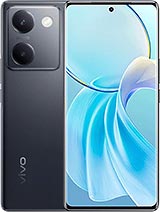
Vivo Y300 Plus
-
Snapdragon 695
6 nm
-
5000 mAh
44W
-
6.78"
1080 x 2400 pixels
-
50 MP
1080p@30fps
-
Specs

2x2.4 GHz Cortex-A78
6x2.0 GHz Cortex-A55
2x2.2 GHz Kryo 660 Gold
6x1.8 GHz Kryo 660 Silver
8GB 128GB (UFS 2.2)
8GB 256GB (UFS 2.2)
f/1.8, 27mm (wide), 1/2.76", 0.64µm, PDAF, OIS
8 MP
f/2.2, 120˚ (ultrawide), 1/4", 1.12µm
2 MP
f/2.4, (macro)
f/1.8, (wide), PDAF
2 MP
f/2.4, (depth)
1080p@30fps
f/2.2, (wide), 1/3.06", 1.12µm
f/2.5, (wide)
SIM1: Nano, SIM2: Nano (Hybrid)
SIM1: Nano, SIM2: Nano
11 5G bands
n1, n3, n5, n7, n8, n26, n28, n40, n41, n77, n78
6 5G bands
n1, n3, n5, n8, n77, n78
In this performance comparison, the Vivo Y300 Plus with its Qualcomm Snapdragon 695 (6nm) performs better than the Samsung Galaxy A25 with the Exynos 1280 (5nm), thanks to superior chipset efficiency.
Samsung Galaxy A25 launched with Android 14 and will receive updates until Android 18, whereas Vivo Y300 Plus launched with Android 14 and will get Android 16. Samsung Galaxy A25 will get security updates until 2028 (approx. 5 years), while Vivo Y300 Plus is supported till 2027.
Both Samsung Galaxy A25 and Vivo Y300 Plus feature AMOLED displays, offering vibrant colors and deeper blacks. Both smartphones offer the same 120 Hz refresh rate. Vivo Y300 Plus also boasts a brighter screen with 1300 nits of peak brightness, enhancing outdoor visibility. Both phones have the same screen resolution.
Both phones are equipped with the same 5000 mAh battery capacity. Vivo Y300 Plus also supports faster wired charging at 44W, compared to 25W on Samsung Galaxy A25.
Vivo Y300 Plus includes an IP54 rating, while Samsung Galaxy A25 lacks an official IP rating.
¹ Scores can vary even with the same chipset due to RAM, thermals, and software optimization.

